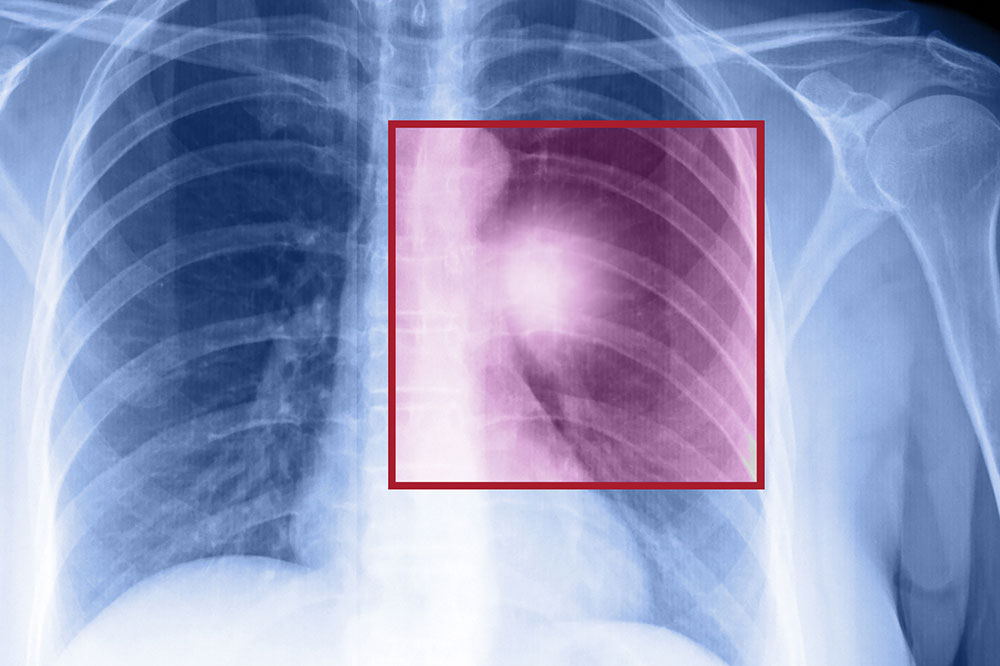Comprehensive Guide to Digestive Tract Disorders: Recognizing Symptoms, Causes, and Risk Factors
This comprehensive guide explores digestive tract disorders, highlighting common symptoms, their underlying causes, and risk factors. It emphasizes early detection, lifestyle adjustments, and medical treatment options for managing conditions like IBS, Crohn's disease, and celiac disease. Understanding these aspects helps improve digestive health and prevents complications.

Understanding Digestive Tract Disorders: Symptoms, Origins, and Contributing Factors
The digestive system, an essential component of overall health, encompasses a complex network of organs including the mouth, esophagus, stomach, intestines, liver, pancreas, and gallbladder. When this system encounters problems due to infections, inflammation, or structural abnormalities, it results in a range of digestive disorders that can significantly impair digestion and nutrient absorption. These issues not only cause discomfort but can also lead to nutritional deficiencies and other health complications if left untreated.
Digestive tract disorders, also referred to as gastrointestinal or bowel disorders, are prevalent worldwide. They often stem from chronic conditions, autoimmune responses, or environmental factors, affecting millions of individuals annually. Commonly observed conditions include inflammatory bowel disease (IBD), irritable bowel syndrome (IBS), Crohn’s disease, celiac disease, intestinal blockages, and gastroesophageal reflux disease (GERD). While the specific causes vary, most of these conditions involve the small and large intestines and can disrupt normal digestive processes, leading to a range of symptoms.
Recognizing the Symptoms of Digestive Disorders
Detecting digestive issues early is crucial for effective management and treatment. Symptoms often present as disturbances in normal digestion, but they can differ based on the specific condition and individual health status. Be vigilant for signs such as:
Persistent abdominal pain or discomfort
Frequent bloating and excessive gas formation
Nausea and occasional vomiting
Loose stools or persistent diarrhea
Constipation or difficulty in bowel movements
Presence of blood in stool, which may appear as bright red or darkened
Unexpected weight loss despite normal appetite
A sensation of incomplete bowel emptying, often described as feeling "not fully emptied"
Cramping abdominal pain that fluctuates in intensity
While mild symptoms may be manageable, signs such as bleeding, fever, severe pain, or sudden weight loss warrant immediate medical evaluation. Timely diagnosis can prevent complications and aid in targeted treatment.
Origins and Causes of Digestive Disorders
Despite extensive research, the precise causes of many digestive disorders remain elusive. However, several risk factors have been identified that contribute to their development. Genetic predisposition plays a significant role, especially in conditions like celiac disease, where family history increases susceptibility. Environmental influences, dietary habits, infections, and injuries also impact digestive health.
Autoimmune reactions form the basis of many disorders such as Crohn’s disease and ulcerative colitis. Infections caused by bacteria, viruses, or parasites can precipitate acute or chronic digestive problems. Moreover, injuries sustained to the abdomen during accidents or surgeries can alter the normal functioning of digestive organs, leading to persistent issues. In some cases, food intolerances and allergies exacerbate symptoms or trigger inflammatory responses.
Interestingly, lifestyle factors such as stress have been linked to the aggravation of digestive symptoms, highlighting the importance of holistic health management.
Key Risk Factors Contributing to Digestive System Disorders
Multiple elements can predispose individuals to experiencing ongoing or recurrent digestive problems. Understanding these risk factors enables proactive management and precautionary measures. Notable risk factors include:
Smoking: Tobacco use has been associated with increased odds of developing conditions like Crohn’s disease and gastritis, owing to its impact on immune responses and mucosal integrity.
Dietary Choices: Consuming foods high in salt, saturated fats, processed ingredients, and artificial additives can irritate the gastrointestinal lining, promote inflammation, and disrupt gut microbiota balance. Consistent unhealthy eating habits can promote the development and exacerbation of digestive problems.
Infections and Microbial Imbalances: Gastrointestinal infections caused by bacteria such as Salmonella, Clostridioides difficile, or parasites can lead to acute symptoms and may have long-term effects on gut health. A disrupted microbiome can predispose individuals to conditions like IBS and IBD.
Genetic Factors: Family history of celiac disease, inflammatory bowel disease, or other genetic disorders heightens the risk. Certain gene variants influence immune responses or gut barrier integrity.
Physical Injuries and Surgical Interventions: Trauma to the abdomen, including accidents or surgical procedures, may result in scarring, adhesions, or alterations in gut motility, increasing the likelihood of digestive dysfunctions.
Medication Use: Long-term use of antibiotics, antivirals, or painkillers can affect the gut flora and mucosal health, leading to side effects such as diarrhea or dysbiosis.
Stress and Psychological Factors: Chronic stress and anxiety have been shown to influence gut motility, secretion, and immune response, often worsening symptoms of disorders like IBS.
Living with digestive issues can significantly impact daily life, affecting everything from personal comfort to social confidence. However, many of these disorders are manageable through lifestyle modifications, dietary strategies, and medical interventions, emphasizing the importance of proactivity and seeking professional guidance.
Proper understanding of digestive tract disorders, their signs, causes, and risk factors empowers individuals to prioritize their gut health, seek timely medical advice, and adopt healthier habits. Early detection and preventive measures can lead to better health outcomes and an improved quality of life.





